For most of us the world of grant-making elicits more fear than inspiration. Like many colleagues, I struggle to keep up with the ever-changing cycles of remits, impact guidelines and highlight notices. Carving out the time to write a journal article already feels like a feat. So it is difficult to imagine spending months writing a document that will never be published, to enter into a competition with 1 in 12 success rate. But, whether we like it or not, the reality of budget cuts, promotion tracks and ever-growing data sets has made grant-writing an essential component of research activity.
While I’d like to claim enthusiasm brought me to the Grants Academy, it was more this ambivalent combination of frustration, fear and facing reality. Grants Academy is a staff development programme on bid writing offered to us by R&KE OPs. After acceptance, an 18-month long membership kicks off with a two day intensive training workshop providing background knowledge and strategies for bid development. The workshop is currently run by Dr. Martin Pickard, a highly experienced and trained consultant.
Arriving at our first session, Martin began by exploiting our fears and delivering some harsh truths: Grant writing is a competition. Funding bodies are businesses. We have to sell our research. For those of us academics who still carry a critique of the marketisation of Higher Education, these words are difficult to swallow. If there ever were good old days of scholarship for scholarship’s sake—they’re certainly over.
But, Martin reassured us after dramatic pause, this doesn’t mean we can’t do the research we want. It just means that if we want funding, we have to learn how to play the grant writing game. Like all competitions, to win we need to train.
Throughout the first day of the workshop we learnt a number of different skills, including how to: use grant language, structure our research projects into measurable tasks, and move from sounding interesting to sounding necessary. For one of our hands-on activities we were asked to write a 10 point summary of why we should get grant funding. Below I offer a glimpse into how much changed in just a few hours:
Here’s an excerpt from 10:30am:
This project is on less lethal weapons which are used on a daily basis around the world to quell protest and dissent. There is a lack of information on the human and environmental impacts of less lethal weapons in real-world situations. Through a collaborative research network, the project bridges quantitative and qualitative methods, bringing together researchers with medical practitioners, lawyers, investigative journalists and humanitarian field workers.
By the end of the day, this was shaped into my Unique Selling Point (still a work in progress):
To respond to the need for more cross-sector knowledge exchange and publicly accessible information regarding the effects of less lethal technologies, this AHRC Research Network project brings together, for the first time, a cross-disciplinary team of researchers from Communications, Geography, Law, International Relations and Medical Sciences. Employing a stakeholder-oriented approach to research networking, the project is designed to connect academic researchers with those who regularly face the real-world impacts of less lethals on civilian populations: medical practitioners, security professionals, journalists and humanitarian field workers.
While it was a long day of attempting to move from interesting to necessary, there was plenty of caffeine and amusing anecdotes to get us through. Plus, in place of triangle sandwiches, we were treated to a hot lunch in lovely Green House Hotel dining room.
—
Anna Feigenbaum is a Lecturer in the Media School. As part of her CEMP Fellowship she is creating a diary of her time at the Grants Academy.


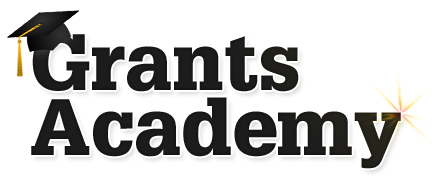
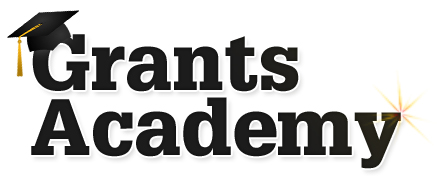
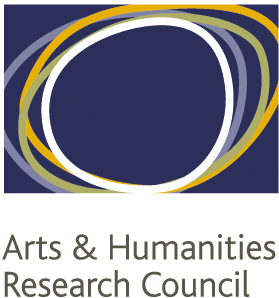 On January 20, 2014 Bournemouth University played host to a lunchtime visit from the AHRC. The funding advice seminar covered general information about the Arts & Humanities Research Council, as well as tips and advice on AHRC bid writing here at from BU. In the lead up to the AHRC visit, the
On January 20, 2014 Bournemouth University played host to a lunchtime visit from the AHRC. The funding advice seminar covered general information about the Arts & Humanities Research Council, as well as tips and advice on AHRC bid writing here at from BU. In the lead up to the AHRC visit, the 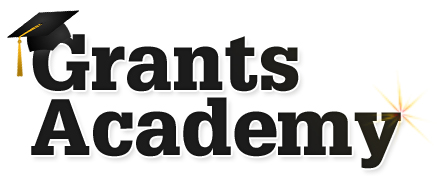


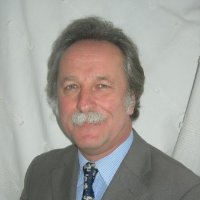
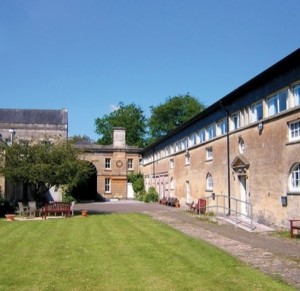
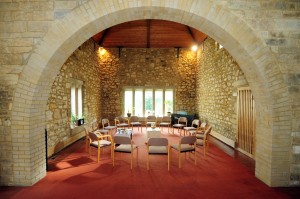
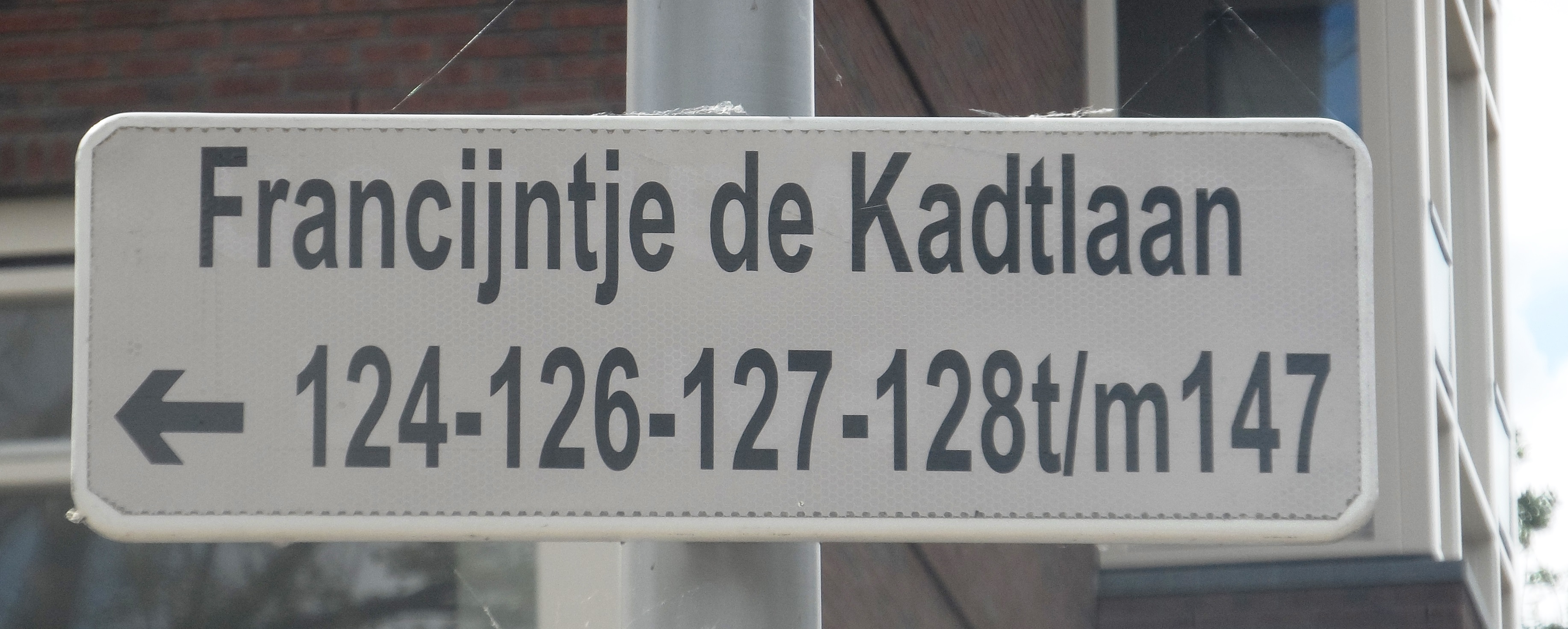











 BU attendance at third annual GCPHR meeting in June
BU attendance at third annual GCPHR meeting in June Interactive Tangible and Intangible Heritage Applications – BU student work featured in new book chapter
Interactive Tangible and Intangible Heritage Applications – BU student work featured in new book chapter Second NIHR MIHERC meeting in Bournemouth this week
Second NIHR MIHERC meeting in Bournemouth this week MSCA Postdoctoral Fellowships 2025 Call
MSCA Postdoctoral Fellowships 2025 Call ERC Advanced Grant 2025 Webinar
ERC Advanced Grant 2025 Webinar Horizon Europe Work Programme 2025 Published
Horizon Europe Work Programme 2025 Published Horizon Europe 2025 Work Programme pre-Published
Horizon Europe 2025 Work Programme pre-Published Update on UKRO services
Update on UKRO services European research project exploring use of ‘virtual twins’ to better manage metabolic associated fatty liver disease
European research project exploring use of ‘virtual twins’ to better manage metabolic associated fatty liver disease